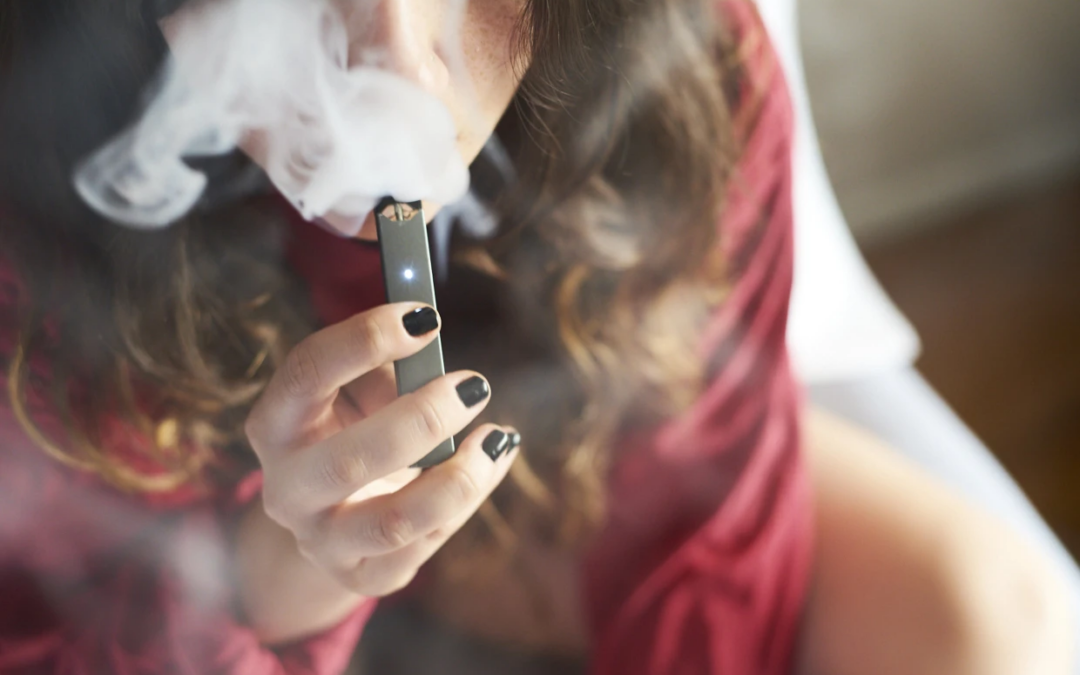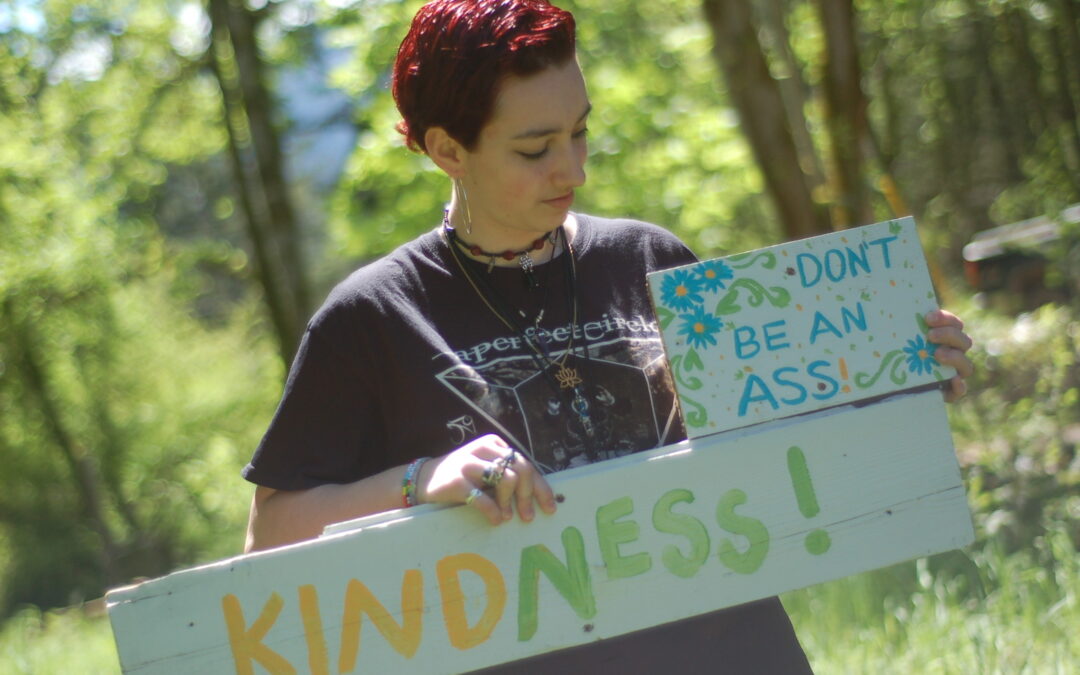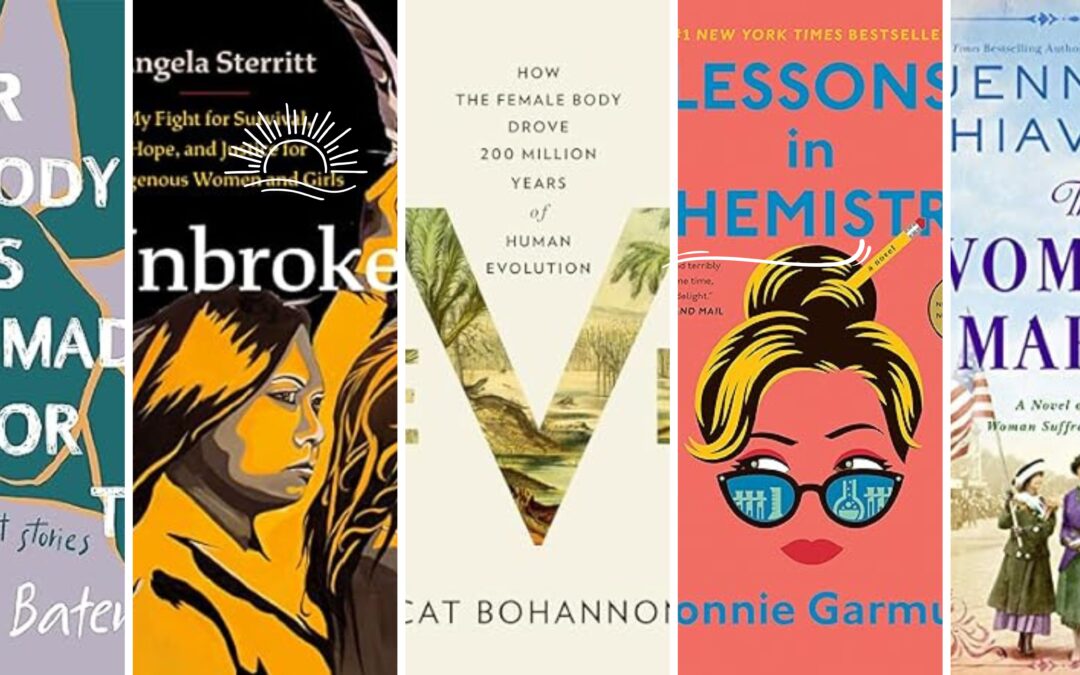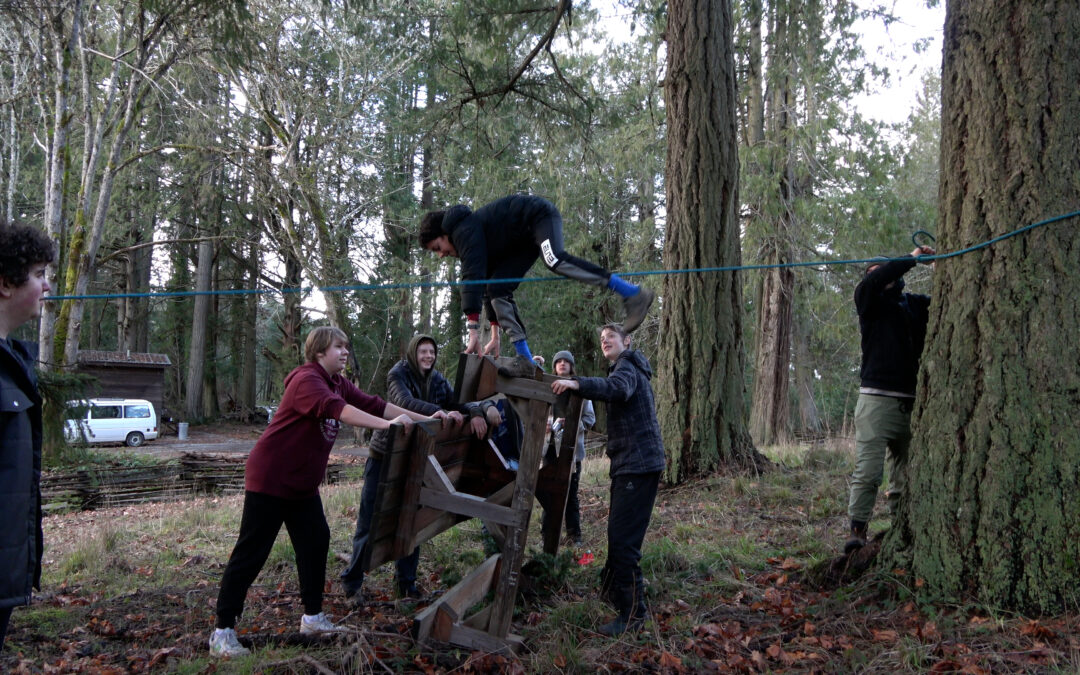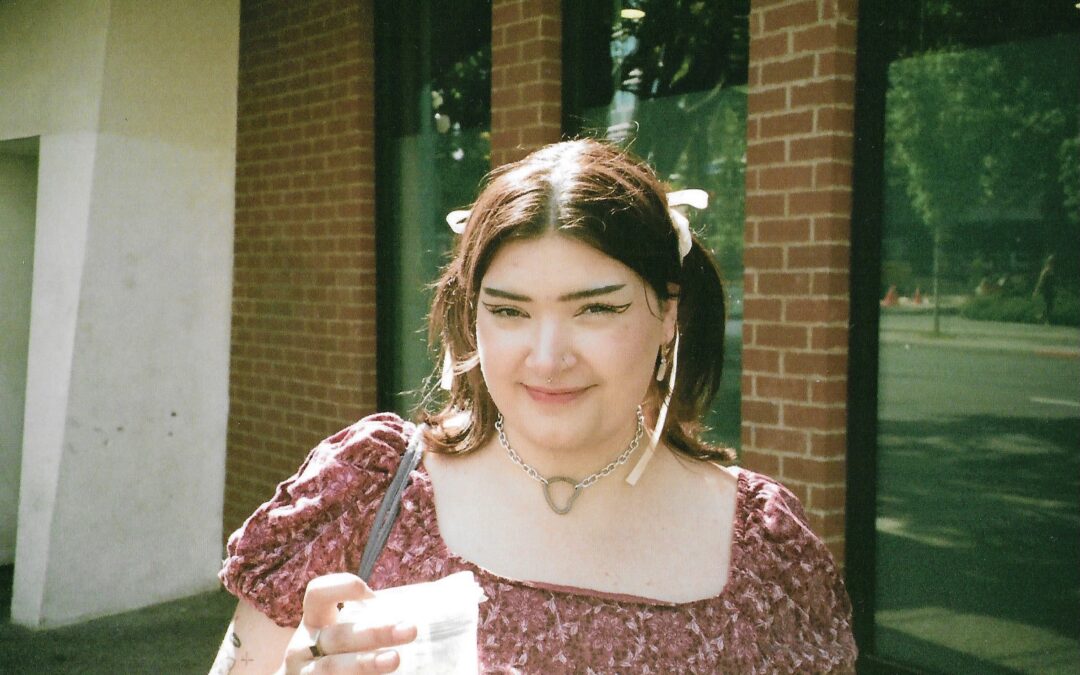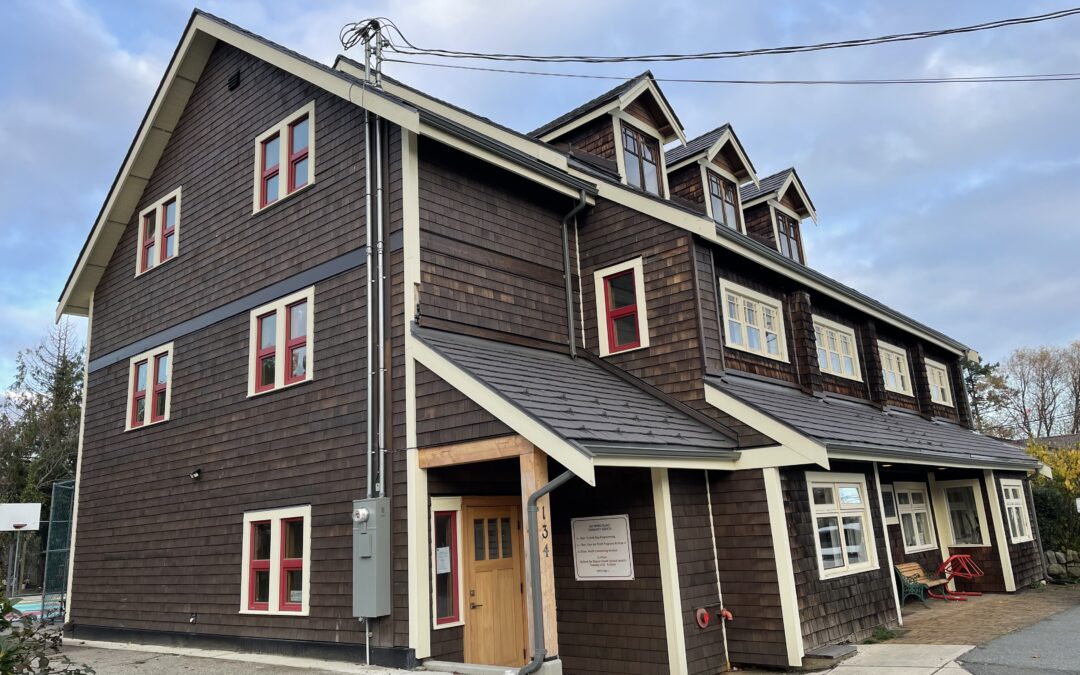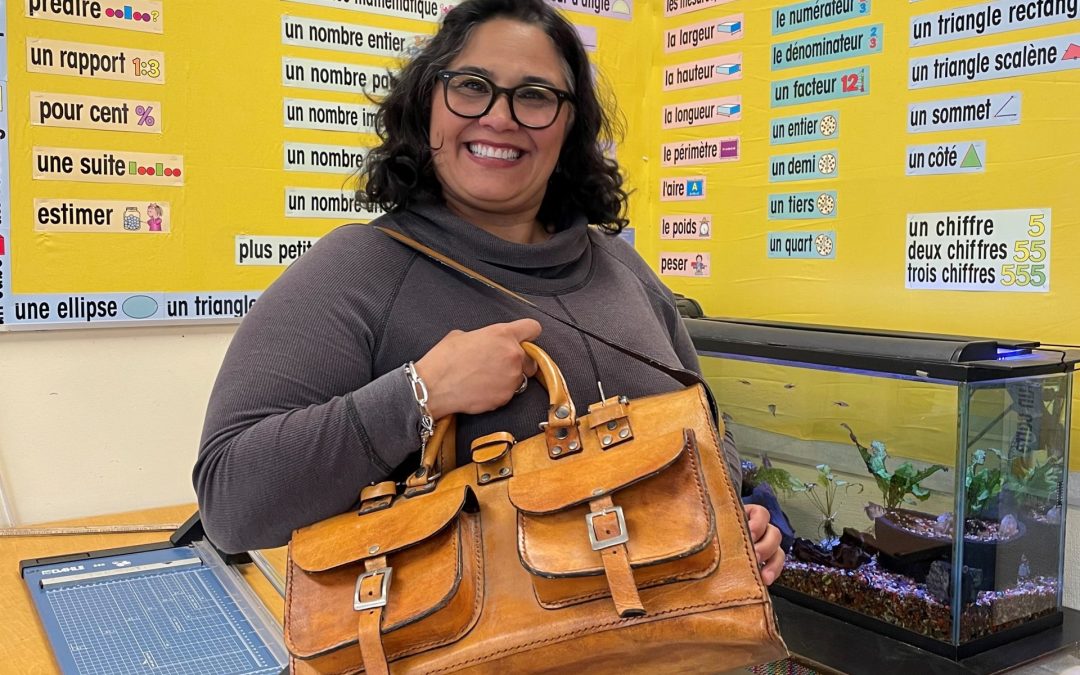Stephen Lewis made me an activist for social change. I had never been ignorant about the existence of gender inequality and violence against women in the world, but attending a speech last year made me passionate to make change happen. Stephen Lewis is the most powerful speaker I have ever experienced. He speaks about his work in an extremely captivating way – truthfully and with endless amounts of passion and conviction.
I am aware of the presence of violence in my community, my country and in the rest of the world, but because I lacked a personal connection, I wasn’t fully aware of my responsibility to being a part of the solution and bringing an end to violence. Stephen Lewis uncovered a level of empathy I didn’t even know existed. He shared his stories and experiences in a way that made them feel like they belonged to everyone who was listening. He established that missing personal connection for me. In the media the true magnitude of the war on women is lost in a jumble of bias, bureaucracy and socio-political agendas. As Lewis described the systemic rape of women in the Congo, sadness appeared on his face, anger in his gestures and empathy in his voice. He explained the use of rape as a weapon of war and described the detrimental effects on communities from an eyewitness perspective. Only experiencing news through the media allowed me to remain disconnected from the problem; hearing it from someone who has lived the story made me impatient for change with a new level of tenacity.
Stephen Lewis’ achievement stems from his commitment to grassroots activism. Social justice movements can’t be created with a ‘top down’ mentality. Offering up help to those in need on your terms, based on your own personal outsider perspective on a situation is not an effective strategy to create positive change. When Lewis began to speak about his experience in Africa, he spoke of the women, their generosity of spirit and the overwhelming sense of vitality within their culture. His movement was generated from a clear sense of their community capacity; his desire was to support the women in their struggle for equality, not a need to ‘fix’ their problems. His support is based on the principles of social justice, partnership and equality – not hierarchy. I recognize now that being a part of agencies such as the United Nations is not the only answer to creating social change. Though those organizations have the social justice mandate to improve the human condition, their sluggish approach to change, lack of direct intervention and passive tactics leave them constantly one step behind. I’ve been told I would make a great politician or lawyer, but those seemingly powerful positions are limited due to their bureaucratic nature. I want to be part of the civil society movements that force institutions into new directions – not part of the institution itself.
There are no innocent bystanders. As an activist, the first change I instigated was personal, when I decided succumbing to the overwhelming culture of passivity, insensitivity and indifference that dominates society was not an option. I stopped perpetuating the culture of violence by refusing to tolerate gender stereotypes, double standards and the over sexualization of women as a natural and unavoidable part of life. The sometimes subtle marginalization of women in our global culture is influencing the level of sexual violence all over the world. The act of not acting, of standing by, is unquestionably a part of the problem. Assuming an apathetic position is a choice and it is not without consequences. Awareness, critical thought and activism at the community level will be crucial in order to effectuate positive progress as a society; one that is not subjugated by gender inequality.


